In this article, I discuss how using each category of stress management skills is improved by using skills from the other category.
In my work as a Calgary psychologist and a Cochrane psychologist, clients often ask for my help in managing stress. My plan to help them typically involves using two categories of strategies—(1) Problem-focused coping in which they take action to reduce or eliminate sources of stress like problems at work or school, relationship issues, and financial difficulties; and (2) Self-focused coping in which they use skills and activities to improve their emotional reaction to sources of stress.
In turn, self-focused coping strategies are of three kinds:
(1) Behavioural self-focused coping entails engaging in pleasurable activities to give yourself a break from thinking about the problems you need to address in order to recharge your emotional batteries;
(2) Physical self-focused coping involves practising activities to calm your body when you are feeling tense as a result of the sources of stress in your life. This includes controlled breathing, meditation, muscle relaxation, imagery and regular aerobic exercise;
(3) Cognitive self-focused coping involves using skills such as thought records which help you to reduce your negative emotional reaction to sources of stress by changing the way you think about them.
Problem-focused coping strategies and self-focused coping strategies complement each other. That is, when problem-focusing coping is required, self-focused coping skills will make it easier for you to use it. In addition, ongoing self-focused coping will have better effects the more you use problem-focused coping to address ongoing sources of stress in your life.
In the following sections, I will discuss how using one category of coping strategies will be more effective if you also utilize the other category of coping strategies.
How using self-focused coping makes it easier to use problem-focused coping
It will be easier for you to use problem-focused coping if you are also using self-focused coping. That is, it will be easier for you to take action to address problems and stressors related to work, school, relationships, finances and other matters if while doing so you are using skills and activities to reduce your negative emotional reaction to these sources of stress.
Using the three forms of self-focused coping discussed above will make it much easier for you to take action to reduce or eliminate sources of stress in your life because you will be planning and taking action in a relatively calm emotional state.
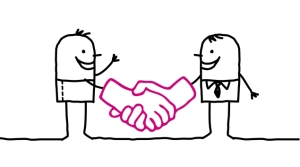
How using problem-focused coping makes it easier to use self-focused coping
In addition, it will be easier for you to use self-focused coping if you are also using problem-focused coping. That is, it will be easier for you to reduce your negative emotional reaction to sources of stress in your life if you are taking steps to reduce or eliminate them through action and problem-solving.
First, it will be easier for you to do behavioural self-focused coping—engaging in pleasurable activities to give yourself a break from thinking about your problems in order to recharge your emotional batteries—if you are in the process of taking action to address those problems. Without attending to problem-focused coping, thoughts about not having a plan to address your sources of stress will likely make it difficult for you to take your mind off those sources while engaging in ostensibly pleasurable activities.
It will also be easier for you to do physical self-focused coping—practicing activities to calm your body when you are feeling tense as a result of the sources of stress in your life–if you are in the process of taking action to address those problems. Without attending to problem-focused coping, thoughts about not having a plan to address your sources of stress will likely make it difficult for you to take your mind off those issues while engaging in ostensibly physically relaxing activities like controlled breathing, meditation, muscle relaxation, imagery and regular aerobic exercise.
Finally, it will also be easier for you to do cognitive self-focused coping–using skills such as thought records which help you to reduce your negative emotional reaction to sources of stress by changing the way you think about them–if you are in the process of taking action to address those problems. Without attending to problem-focused coping, it will be more difficult for you to reduce your negative emotional reaction to your problems and stressors by changing the way you think about them because working to address problems and stressors helps you to view them in a more optimistic light.
So to get the best bang for your buck when using either category of strategies to manage stress, make sure you are also using the other category of strategies.
May you use self-focused coping to improve your problem-focused coping and vice-versa,
-Dr. Pat

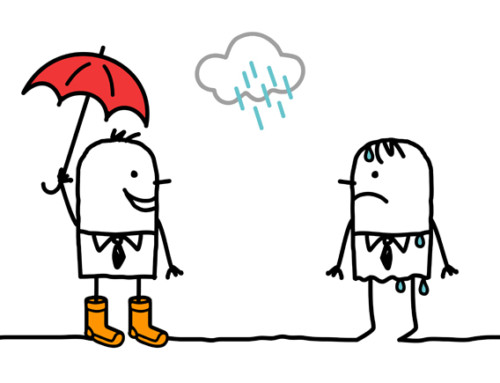
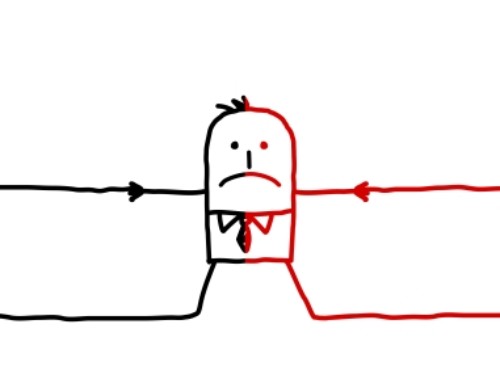
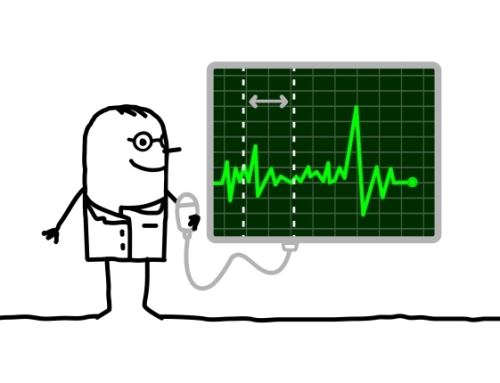

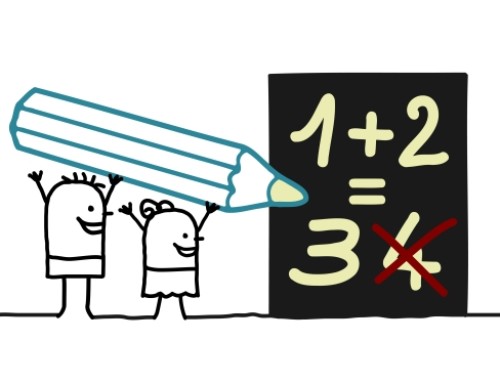
Leave A Comment